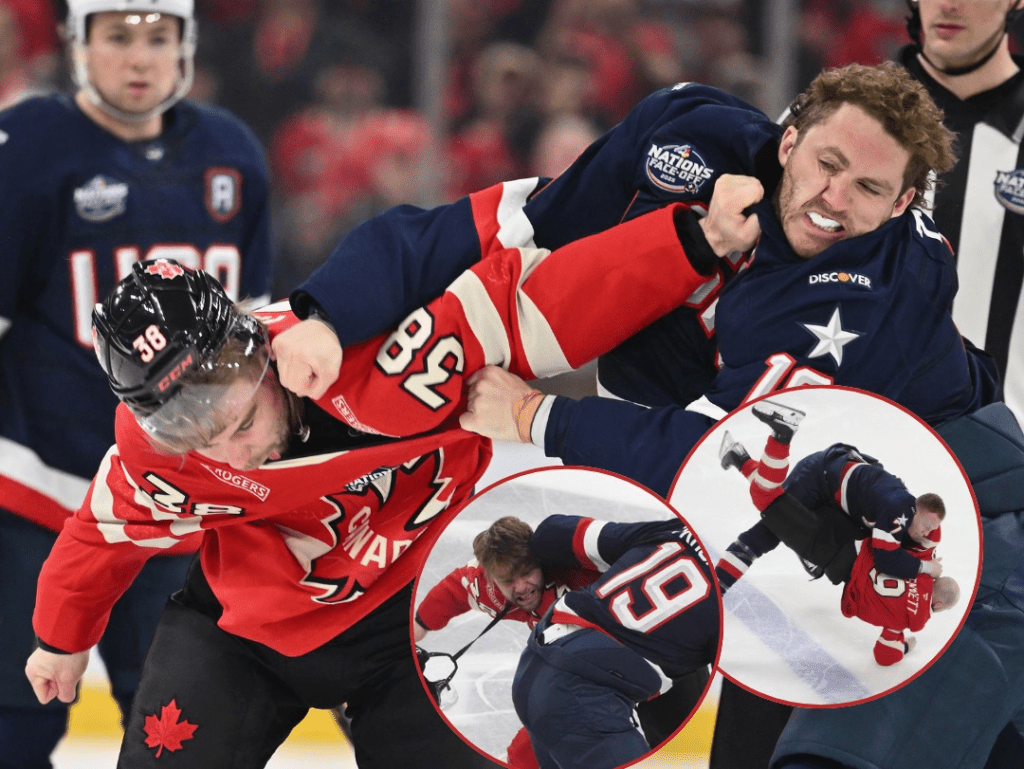
The announcement by the US president that he seeks to make Canada the 51st state sent shockwaves across North America. This audacious proposal not only raised eyebrows but ignited a firestorm of debate, particularly among Canadians living in the United States. The reaction from this community was mixed, with many expressing outrage, while others found humor in the situation, leading to a complex dialogue about identity, sovereignty, and the future of North America.

At the heart of the controversy is the concept of national identity. Canadians, known for their politeness and distinct cultural identity, felt their sovereignty was being undermined. The idea of becoming a state of the US provoked fierce reactions, with many Canadians in the US booing the proposal and taking to social media to voice their disdain. For them, Canada is not just a geographical location; it represents a unique set of values, customs, and a way of life that they cherish. The threat of losing this identity in a larger American framework was met with disdain and indignation.
Moreover, the historical context of US-Canada relations plays a significant role in this debate. The two countries share a long border and a multitude of cultural ties, but they also have distinct political systems and social norms. The idea of assimilation into the US political framework is reminiscent of colonial histories that many Canadians prefer to leave in the past. The suggestion that Canada should relinquish its autonomy to join the US raises questions about the implications of such a union. Would Canadians be willing to sacrifice their healthcare system, which is often lauded as a model of efficiency and equity, for a potentially less inclusive American system? This aspect of the debate underscores the deep-seated values that Canadians hold and their reluctance to compromise these for the sake of political expediency.

On the other hand, some Canadians in the US responded with a sense of irony and humor. They joked about the prospect of Canada becoming a state, playfully suggesting that they could turn the tables and demand the return of some states to Canada. This tongue-in-cheek response highlights a sense of resilience and pride among Canadians, who, despite the gravity of the proposal, refuse to take it entirely seriously. This light-heartedness serves as a coping mechanism, allowing them to navigate the uncomfortable reality of the threat to their national identity.
The proposal also raises questions about the nature of statehood and the criteria for joining the United States. If Canada were to become a state, how would the US government address the unique needs and rights of its new citizens? The potential for cultural clashes and political disagreements looms large. Would Canadians be able to maintain their bilingual heritage in an increasingly homogenized American society? These questions amplify the debate, as both sides grapple with the implications of such a significant change.

In conclusion, the president’s proposal to make Canada the 51st state has sparked a multifaceted dialogue that transcends mere politics. It touches on issues of identity, sovereignty, and the complex relationship between two neighboring countries. As Canadians in the US react with both indignation and humor, the debate is far from over. Whether this proposal is taken seriously or dismissed as political rhetoric, it invites us to reflect on what it means to belong to a nation and the value of cultural identity in an ever-globalizing world. The future of Canada, and indeed North America, may hinge on how these questions are addressed in the coming years.


